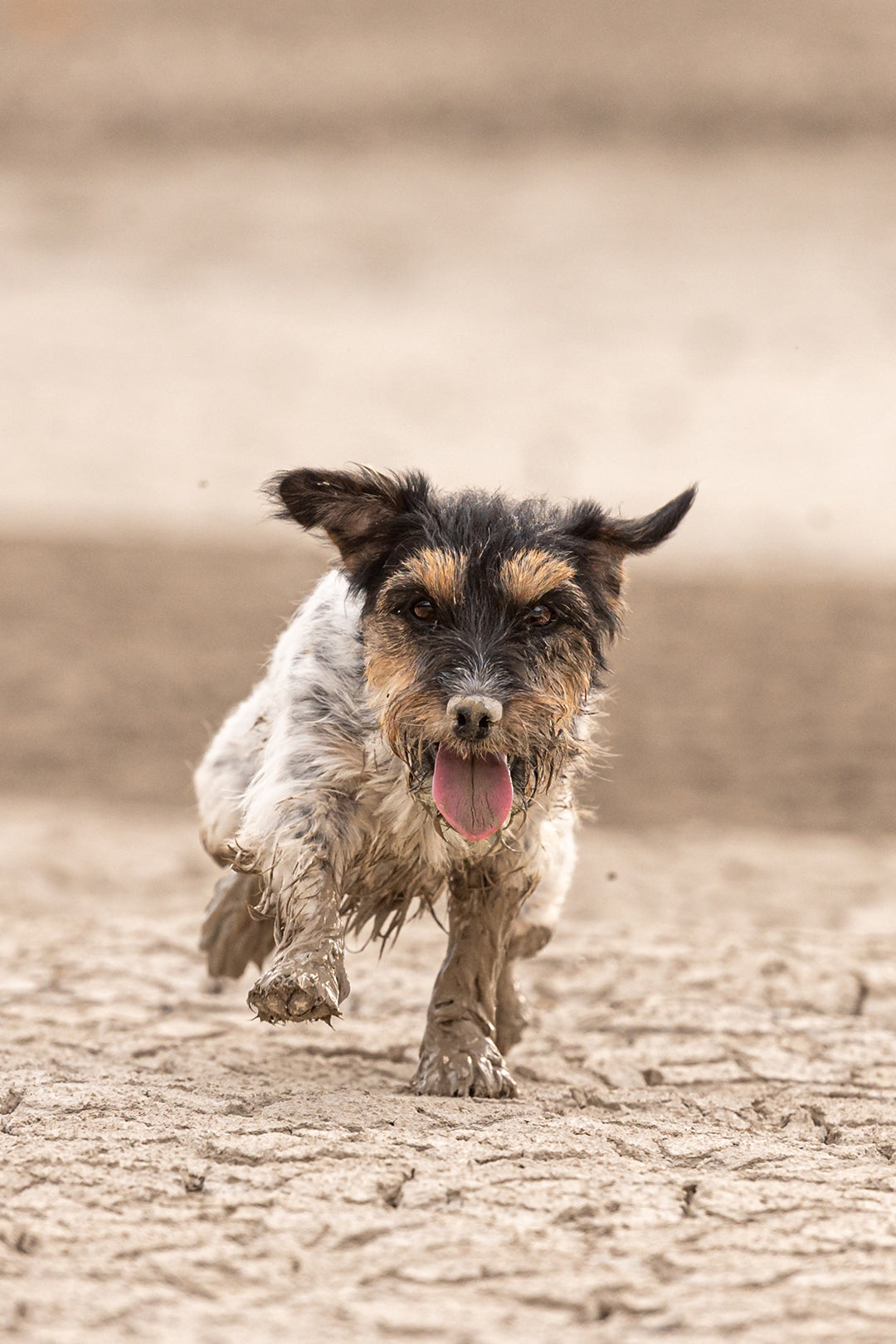Pet Parents, We've Got You Covered
Get answers to your pet health questions
Get answers to your pet health questions


Summer is here to stay and so is the hot weather. With the warm temperatures, it’s easy for pets both indoors and out to get dehydrated. Being hydrated can make your pet feel sick and can even cause potential problems with internal organs if not addressed. Especially for pets who love exploring the outdoors, it's easy for them to become dehydrated.
So we’re sharing some tips for checking your pet’s hydration, and how to help avoid dehydration as the weather warms up.
Treating dehydration can sometimes be done at home, but for severe cases, therapy is best done in a vet hospital where fluids can be given, and your pet monitored. Sometimes vets will give fluids under the skin (SQ fluids) as a treatment for mild dehydration, but this isn’t enough for more severe cases. As with many things, prevention is key!
Checking your pet for dehydration:
If well-hydrated, it’ll snap back into position right away. In dehydrated pets, it creeps down slowly. This test isn’t always accurate and lots of things (such as age and weight loss) can give false results.
Your vet can help you determine if your pet is dehydrated, what the cause may be, and the best course of therapy. If in doubt, always have your pet evaluated by a veterinarian.
Prevent Pet Dehydration
Preventing dehydration is the best way to go and might save you a trip to the vet. Providing fresh water at all times is vital, especially so during the warm summer months when a pet’s water intake increases and water evaporates from a bowl in the sun quicker.
Do:
Don’t:
Preventing dehydration is important. Check your pet’s water bowl today and make sure it’s clean and filled. Now you have the skills to check your pet’s hydration and make sure they stay cool and well-hydrated all summer long!